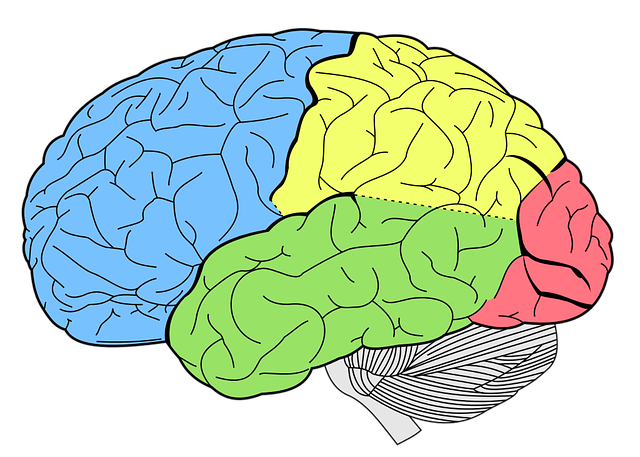I recently reviewed the following article from the radical-political website called Counter Punch Politics and Psychiatry: the Cost of the Trauma Cover-Up.
My reactions follow direct quotes from the article:
“Far fewer on the Left recognize that the psychiatric-industrial complex (which includes the American Psychiatric Association and its Big Pharma financial partners) is also devoted only to its own preservation and expansion, thus routinely exacerbating emotional suffering “
Clearly Big Pharma is devoted to it’s own expansion–they are a series of businesses wanting to make as much money as possible. I don’t think the APA is in the same boat, however.
Exacerbating emotional suffering? Not psychiatrists or psychologists. Our codes of ethics cause us to strive to do no harm and to help in the best evidence-based ways. While nobody is perfect and I’m sure there are a few bad apples out there, our commitment is to be helpful and not harmful.
“The majority of psychiatrists and psychologists, owing to both ignorance and cowardice, routinely comply with diagnostic and treatment notions that pretend to be scientific but which have been politically and financially forged “
That is not true; we are trained to be critical. The entire field is founded on skepticism and finding more questions so that they can hopefully be answered.
“the essential cause for what is called serious mental illness is not some kind of biochemical or genetic defect but some kind of trauma “
Whenever I read simple black-and-white statements like this, I shake my head. The causes of mental illnesses are varied and complex. Some are purely genetic (Downs syndrome, etc); some are more clearly an interaction of trauma and genetics (PTSD); the result of almost all mental illnesses, regardless of their cause, is a biochemical abnormality –that is not to say that the best solution is always medications; again, it’s complicated. That said, the spirit of this assertion I would actually agree with. Most illnesses are the results of stressful experiences (childhood neglect or abuse; isolation; poor emotional and cognitive stimulation; rejection; pain; etc)–however genes and hormones and neurotransmitters are absolutely involved in this too!
“Politics, not science, dictates not only the explanations for mental illnesses but their creation (as with the case of PTSD) and abolition, as was the case with homosexuality. “
This could indeed be true; I don’t know enough to comment authoritatively on this; however, it seems obvious that the political and social climate of the day result from the various sufferings and perspectives of the general population–the exact people whom the APA wishes to study, discuss, research, categorize and classify. So a changing society means a changing DSM–this is not surprising and does not really sound controversial to me.
“In a scientific sense, terms like “schizophrenia” are completely meaningless—wastebaskets to toss people who are behaving in ways that appear bizarre to doctors. Often what causes people acting in unusual ways to become chronically dysfunctional are their doctors’ problematic reactions and “treatments.” In other words, it is common for the source of chronic dysfunction to be physician-induced (iatrogenic) trauma. “
While Schizophrenia appears to be a blanket term to classify multiple biological brain-based disorders, the term is not meaningless at all. There are scientifically proven communication and brain scan correlates to this disorder. And physician-induced schizophrenia? Oh come on now!
Overall, this article is an extreme reaction to an extreme viewpoint. There is value in studying and classifying disorders and searching for biological correlates. There is also value in looking for contextual and environmental / situational causes of mental disorders such as trauma, power struggles, isolation, poverty, and much more. The purpose of psychology and of psychiatry is not to choose one extreme or the other, but to intentionally and intelligently wade through the complex waters of both causes and solutions to mental illnesses with the scientific tools which we have.
Joshua Adams, R.Psych

